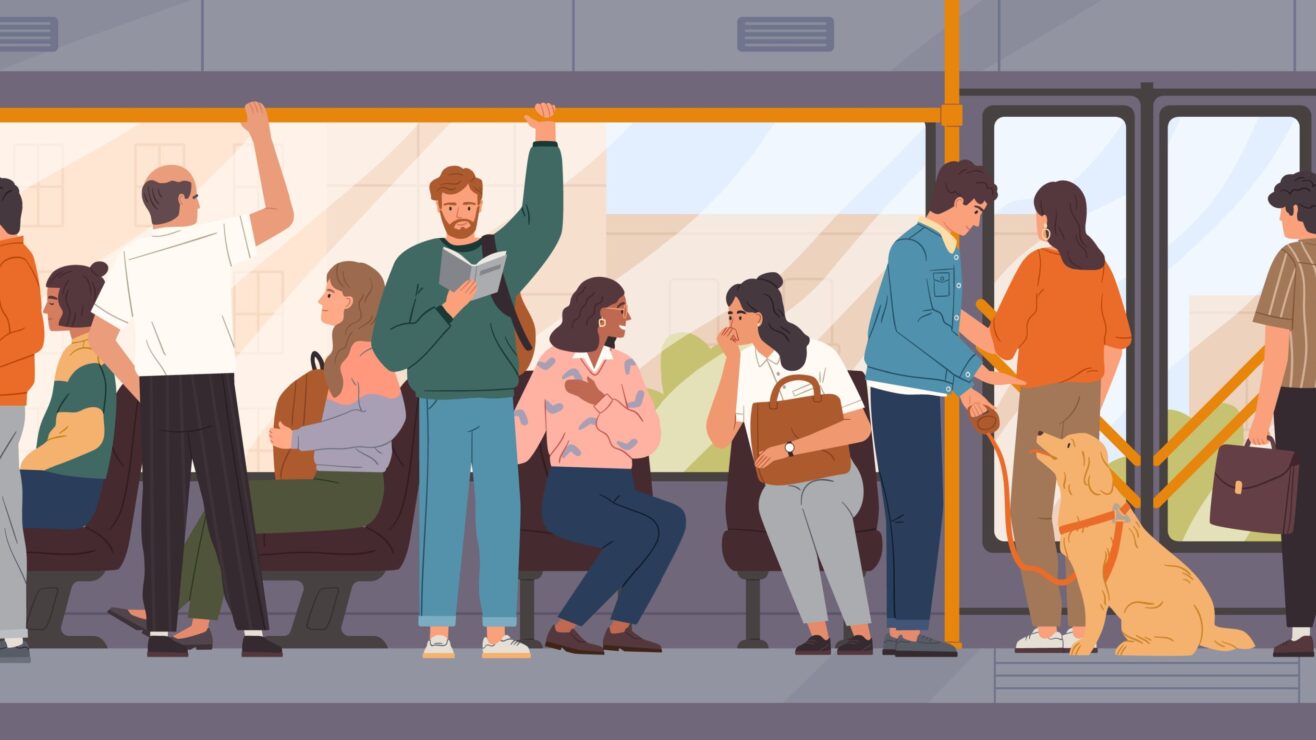First year students at UK universities will be imminently beginning some kind of an on-campus experience this year. It will be unlike anything they, or staff working in universities, have ever experienced.
Many anticipate that we may have only a month or so to help them bed in before a second wave causes furthers local or national lockdowns, so it’s imperative we get this first engagement right. I propose there are five areas we have to work on immediately to help freshers feel they have become part of our learning communities, before reversion to online learning becomes highly likely. If all of us Cassandras are wrong (and we must hope so!), this is still good practice for welcoming students whose 2020 pre-HE learning experiences are likely to have been grim.
Bonding with peers
Normally in the first few weeks of term students lay the foundations for friendships and informal mutual support groups that may last them a lifetime, but these certainly can be a lifeline in the early stages. This may not happen so readily organically this year, so we may need to energise this ourselves by some systematic formation of buddy systems.
My metaphor for this is forming families. Getting groups of students into groups of around five “siblings” in early virtual or live class activities will at least mean they have some contacts whose names they know and with whom they have worked initially if lockdown returns. Bunching those groups into bands of say 20 or 25 “cousins” will expand networks and give them a broader base of known contacts if their learning communities have to switch rapidly to fully online delivery.
Familiarising and safeguarding systems
If new students are likely soon to be working exclusively from home, they will need to know their way around the labyrinthine HE systems, notably but not exclusively IT. How about doing a Covid drill, like a fire drill but practising what they will need to do if working from home, and also rehearsing what happens if uni HE systems fall over (as has occasionally been the case with some institutions in the first weeks of September)? New students need to know quickly how to get all the support they need – including financial advice, health and mental health support, and know what to do if they or dependents get ill and they need condonements or mitigating circumstances. They need to know how to access library facilities on site and on-line, equipment loan and much more.
Preeminent among the first line responders will be Personal Tutors who will pay a pivotal role in helping freshers stay on course (literally and metaphorically) if things go wrong. As we can’t always rely on students being able to access IT systems from home, I recommend issuing hard-copy two-sided A4 summaries of key information (ideally on brightly-coloured card so it doesn’t get lost among all the other papers) summarising essential information.
Getting them excited about the subject
I’d argue against excessive focus on content delivery in those first few weeks – as that’s an area that we know can be well managed through online content delivery. Instead we need to foster among students a real enthusiasm for the subject and a fascination with what is being taught, which can supercharge their motivation to learn more. How would it be if the most active and enthusiastic lecturers and professors were asked to deliver short bursts of subject-focused inputs to fire up students, and if students in practical and professional subjects got real hands on experiences in specialist facilities, in the way that a project on immersion learning at Plymouth University showed could be done?
Clarify how their assessment will work
If face-to-face time is likely to be short, the area that is likely to cause most anxiety if learning is offsite will be assessment. In the time available, students will need dialogic, supportive and informative sessions so they can see how their work will be evaluated. I advocate not only talking them through the assessment schedule, explaining relative weightings and the high importance in HE of conforming to the university systems on areas like good academic conduct, non-negotiable timescales and word-length but also giving them hands-on opportunities to review exemplars of the kind of work they should be aiming to produce.
This is particularly important for students with low social and cultural capital and not much idea of what HE assessment involves. They need to see and internalise what standards are required in this new environment and how they can match them.
Recognising and developing skills for learning
Students will come to university with plenty of extant skills and capabilities that they may not recognise or value. To do so they will need to become reflective practitioners, capable of knowing what they can do – but also what else they need to be able to do. Such skills are likely to include information sourcing and management online, using HE libraries remotely, using specialist databases and equipment, working virtually with peers collegially, managing their own time and workload with lesser levels of direction than many have experienced before, and knowing when and how to seek additional help. These capabilities, building metacognition into everyday learning, are always needed in higher education, but even more so when on-site access is Covid-intermittent.
These five areas can well provide a good foundation for making a good start in HE in 2020, or any other year.













A really good read. Thank you Sally. I particularly like the idea of facilitating the creation of ‘families’ amongst student peers.
The first term at university can be daunting for many students at the best of times. With the added worry this year of potential local lockdowns, students will need the support of their new friends to ensure their mental wellbeing.
Over the summer, I inadvertently managed to create something during the online courses I was running.
As part of these courses, I would include virtual breakout sessions. These smaller groups provided a great opportunity for students to get to know each other better and explore subjects in more detail.
The first few weeks students establish support networks that will last for life…….not my experience at all.
As Charles Rider’s cousin tells him in Brideshead Revisited…..be careful about your friends. You’ll find you spend your second year shaking off the friends you made in your first. (Or words to that effect)
More seriously in the present context, if this is true then it makes the task more difficult
Very useful article. Fostering peer interaction is going to be so important. With that in mind I recently put together a YouTube video that explains how students can create their OWN groups in any Blackboard course. These groups have their own Collaborate room, discussion board, wiki etc.
This can be really useful for creating impromptu and dynamic groups on a course that can be used for any purpose, for example working on a project, getting a team together, or just socialising.
I can see many benefits in the current COVID-19 era for this approach as it allows students to make use of some of the tools within a VLE without requiring the instructor to set it up.
Institutions who use Blackboard as their institutional VLE may find it useful: http://www.youtube.com/watch?v=oWoBjteejwk
I’ve stayed in contact with no one on my course but am still friends with women I lived alongaside